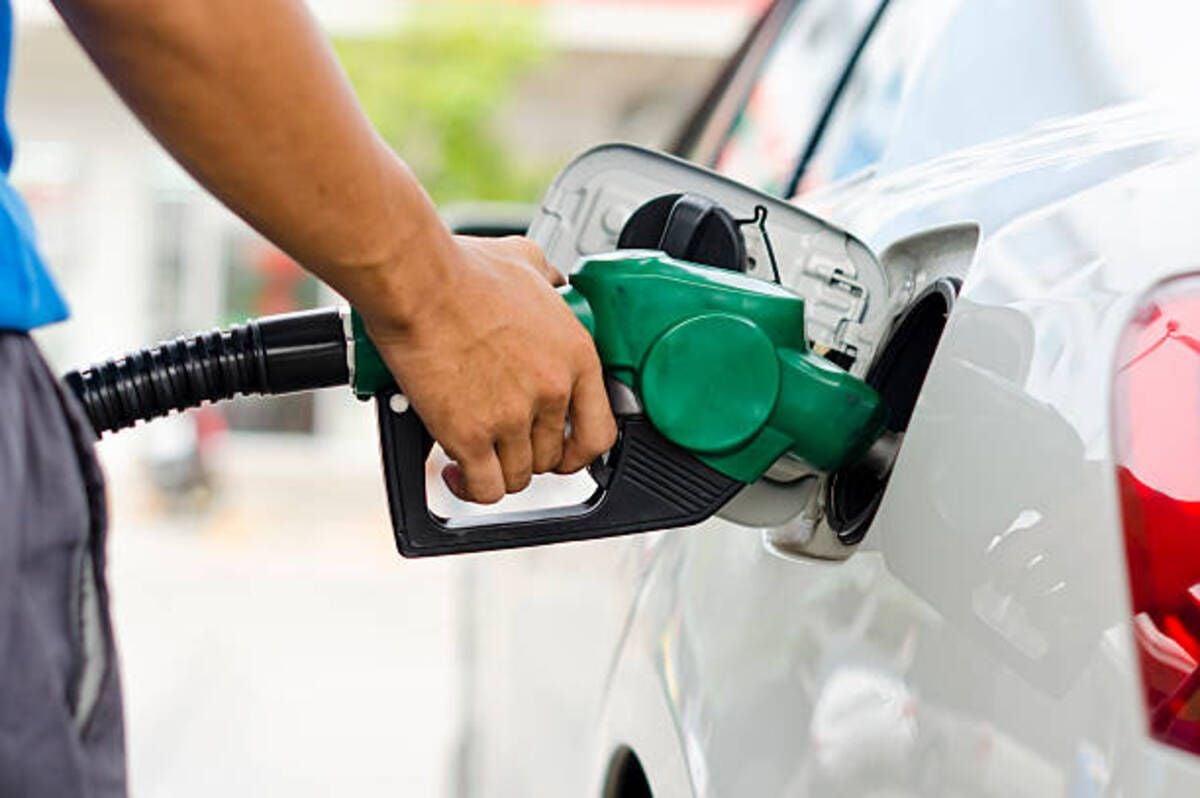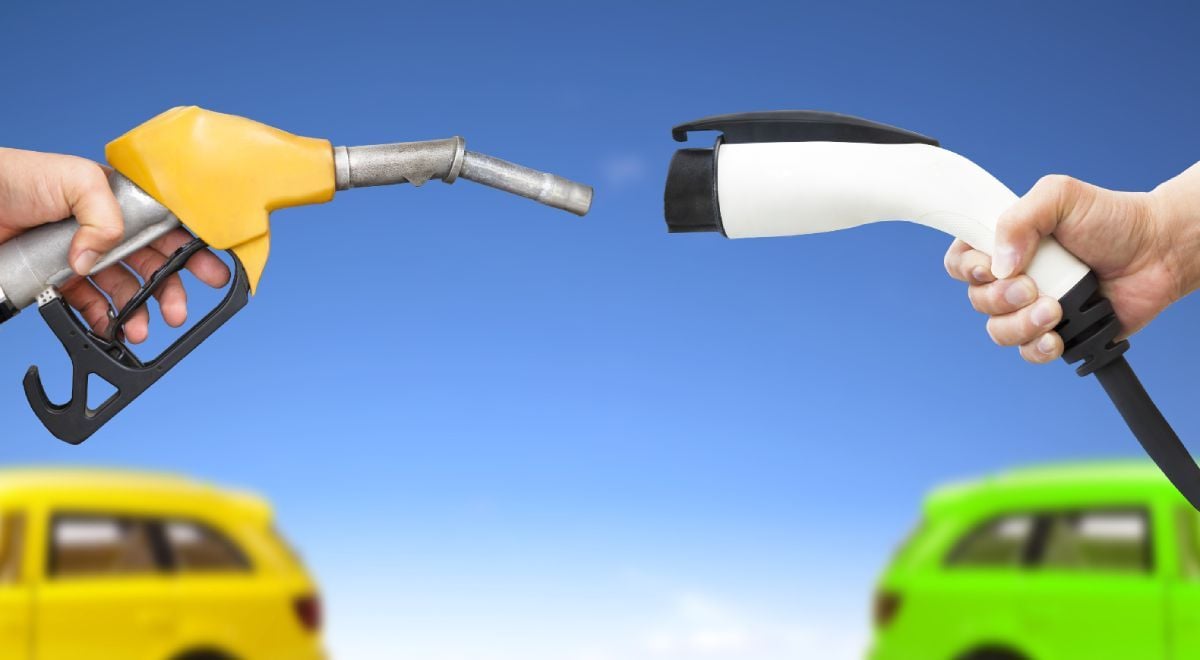

Phuket’s residents are consuming over a million litres of fuel daily, with expectations for this figure to rise, according to Rattakorn Klinchan, Chief of the Ministry of Energy Phuket Office.
Last year, fuel expenditure in Phuket reached 13.7 billion baht, averaging 37.534 million baht daily. This accounts for 37.5% of the nation’s total fuel purchases.
Rattakorn emphasised the need for improved public transport, electric vehicle adoption, and renewable energy to mitigate rising costs linked to traffic congestion and increasing tourist numbers. He noted that much of the fuel is consumed during traffic congestion.
Gasoline is the dominant fuel in Phuket due to the high number of private vehicles. In 2024, gasoline consumption reached 205 million litres, while diesel consumption was 190 million litres, totalling 561,643 litres daily.
Additionally, 22.2 million kilogrammes of LPG were used. Gasoline consumption rose by approximately 8% compared to 2023, with expectations for greater increases in 2025.
Fuel prices in Phuket are generally higher than in Bangkok, as fuel is transported to the island by truck. In Phuket, 95 petrol costs 34.04 baht per litre, compared to 33.11 baht in Bangkok. Despite the seemingly small difference, this impacts annual per capita costs significantly.
The Phuket Provincial Administrative Organisation (PPAO) benefits from fuel sales, collecting additional revenue through taxes and fees.
Thailand’s relatively low petrol and diesel prices are partly due to the ‘Oil Fund’, which subsidises diesel prices but not gasoline. Former Prime Minister Paetongtarn Shinawatra successfully reduced the Oil Fund deficit during her tenure.
Rattakorn explained that government intervention controls gasoline prices, with PTT petrol stations adjusting their prices accordingly.
Traffic congestion, rising global oil prices, and subsidies place significant financial pressure on the province and the Oil Fund. Phuket has 72 petrol stations, reflecting its high energy demands and tourist traffic.
Large-scale infrastructure projects, such as the Muang Mai – Koh Kaew – Kathu Expressway and the Pa Khlok road expansion, aim to reduce congestion and fuel demand. However, Rattakorn Klinchan acknowledged that expanding roads alone offers limited relief without enhanced public transport systems, such as a light rail.
Electric vehicle (EV) adoption in Phuket is increasing, though challenges remain, including battery degradation and limited charging infrastructure. EVs offer cost savings and emissions reductions, with monthly expenses for users around 2,000 baht compared to 5,000 baht for gasoline.

Electric buses are contributing to reduced diesel consumption and fuel subsidies, benefiting both the PPAO budget and the Oil Fund. However, EVs alone cannot solve traffic congestion. Expanding EV bus fleets, affordable EV tuk-tuks, and improved route planning are vital for reducing congestion and fuel spending.
Rattakorn stressed the importance of public transport improvements, including developing electric trains, buses, and affordable EV tuk-tuks, to reduce private vehicle use, congestion, and fuel consumption, reported by the Phuket News.
The story Phuket’s fuel consumption soars over 1 million litres daily as seen on Thaiger News.
